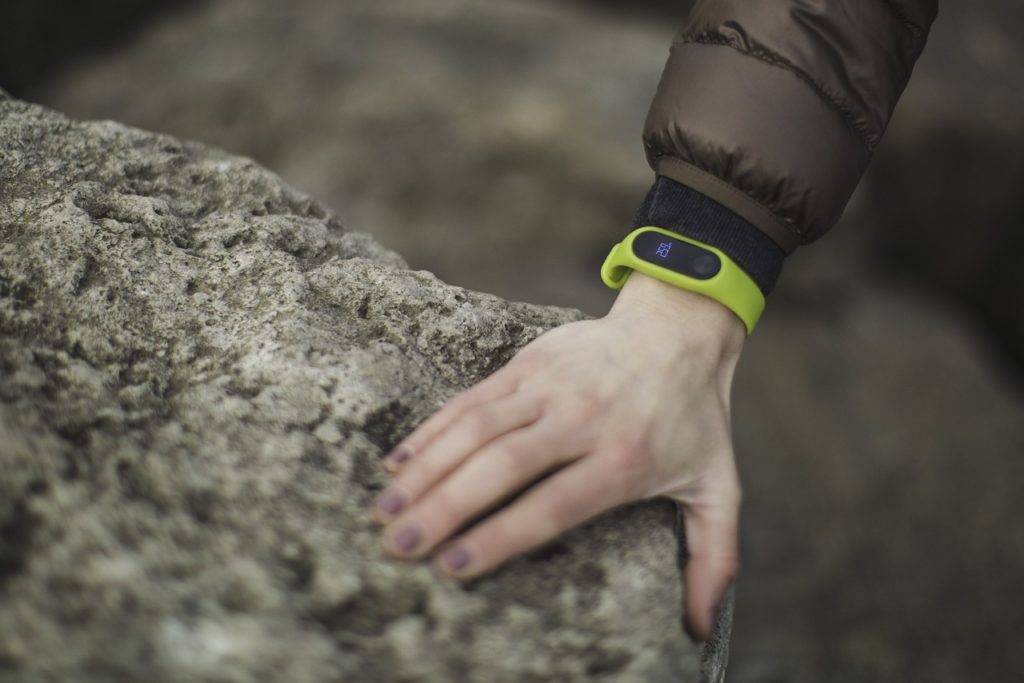
MO, Understanding the “Risk / Benefit” of a drug for acute stroke is easier than understanding Risk / Benefit for an MS Disease Modifying Therapy.

In this video, I discuss my scepticism of stem cell treatments for multiple sclerosis. I explain why it would be very difficult for stem cells to get to the site of injury and remyelinate. At the end of the video, I offer hope for future improvements.

Patients are thus faced with the tricky task of providing information about their state of health and what they have been capable of over the past few weeks and even months from memory. The data gathered this way can be inaccurate and incomplete because patients might misremember details or tailor their responses to social expectations. And since these responses significantly impact how the progression of the disease is recorded, it could be mismanaged.
“Physicians would benefit from having access to reliable, frequent and long-term measurements of patients’ health parameters that give an accurate and comprehensive view of their state of health,” explains Shkurta Gashi. She is the lead author of a new study and postdoc in the groups led by ETH Professors Christian Holz and Gunnar Rätsch at the Department of Computer Science, as well as a fellow of the ETH AI Center.
Together with colleagues from ETH Zurich, the University Hospital Zurich, and the University of Zurich, Gashi has shown that fitness trackers (like your Fitbit) and smartphones can provide this kind of reliable long-term data with a high temporal resolution. Their study was published in the journal NPJ Digital Medicine.
The researchers recruited a group of volunteers – 55 with MS and a further 24 serving as control subjects – and provided each person with a fitness tracking armband. Over the course of two weeks, the researchers collected data from these wearable devices as well as from participants’ smartphones. They then performed statistical tests and a machine learning analysis of this data to identify reliable and clinically useful information.
What proved particularly meaningful was the data on physical activity and heart rate, which was collected from participants’ wearable devices. The higher the participants’ disease severity and fatigue levels, the lower their physical activity and heart rate variability. Compared to the controls, MS patients took fewer steps per day, engaged in an overall lower level of physical activity and registered more consistent intervals between heartbeats.
How often people used their smartphone also delivered important information about their disease severity and fatigue levels: the less often a study participant used their phone, the greater their level of disability and the more severe their level of fatigue. The researchers gained insights into motor function through a game-like smartphone test. Developed at ETH a few years ago, this test requires the user to tap the screen as quickly as possible to make a virtual person move as fast as possible. Monitoring how fast a person taps and how their tapping frequency changes over time allows the researchers to conclude their motor skills and physical fatigue.
“Altogether, the combination of data from the fitness tracker and smartphone lets us distinguish between healthy participants and those with MS with a high degree of accuracy,” Gashi says. “Combining information related to several aspects of the disease, including physiological, behavioural, motor performance and sleep information, is crucial for more effective and accurate monitoring of the disease.”
This new approach gives MS sufferers a straightforward way of collecting reliable and clinically useful long-term data as they go about their day-to-day lives. The researchers expect that this type of data can lead to better treatments and more effective disease management techniques: more comprehensive, precise and reliable data helps experts make better decisions and possibly even propose effective treatments sooner than before. What’s more, evaluating this patient data lets the experts verify the effectiveness of different treatments.
The researchers have now made their data set available to other scientists. They also point out the need for a larger study and more data to develop reliable and generalizable models for automatic evaluation. In the future, such models could enable MS patients to experience a significant improvement in their lives thanks to data from fitness trackers and smartphones.